Descartes is most generally known these days for being the guy who was sure he existed because he was thinking. But before he devoted himself to metaphysical meditations, he had spent a decade as a soldier-scholar travelling the hotspots of Europe. How might a greater understanding of this period affect our view of the great man? This is a fascinating if dry kind of pre-intellectual biography, which hopes to hint at how the philosophy grew out of the action.
René Descartes was born to a family of minor nobility in 1596, and educated by Jesuits. He studied some mathematics in Paris and then acquired a degree in law, after which he ‘set out to study the art of war’. Over the next decade, he popped up in areas of conflict all over Europe as a ‘gentleman volunteer’, inveigling himself into useful aristocratic networks. At length, he also began to acquire a reputation as a natural philosopher with his mathematics and optics. He always had to tread carefully in order to avoid being denounced as a Rosicrucian or libertine. (At the time, the latter meant basically ‘free thinker’, though the libertines also had rather relaxed attitudes to sex.)
It’s hard to say whether Descartes was soldiering in the front line at any particular engagement or hanging back, observing and advising. Either way, Harold J. Cook wants to connect the experience as a ‘soldier savant’ to the philosophical work. Perhaps Descartes’ early inspiration in mathematics, it is suggested, came from developments in military engineering: compasses designed to help plan the storming of fortifications, and so on. (Mathematics here was quite important: as Cook relates, one such attack was repulsed because the engineers had got their sums wrong and the ladders built to scale the walls were too short.) Descartes certainly used such tools, and devised new mathematical methods with them, but he also studied — and extended — pure mathematics too. (Remember Cartesian co-ordinates.)
The text is a veritable concordance of grammatical forms for speculation. ‘It is possible to imagine the following scenario,’ the author writes; or ‘Let us suppose that’, or ‘perhaps’, or ‘he must have’, or ‘he would have had time to’. Much of the book takes the form of adjudication between sources, which has moments of detective-novel satisfaction. Descartes’ first biographer, Adrien Baillet, claimed that his hero was involved in the siege of La Rochelle in 1627, which subsequent scholars have doubted. But Cook spots in the papers of Cardinal Richelieu relating to that event a reference to a certain captain ‘Descart’, listed as vice-admiral. This might, Cook admits, ‘refer instead to René’s father or one of his brothers’, but he argues persuasively that the clue should make us take Baillet’s claim seriously.
There is also some pleasing local colour. Here is an alchemist who proclaims he has found a way of making drinkable gold, a long-sought panacea. Here is Descartes renting a ship and overhearing the crew plotting to murder him; he waves his sword in their faces and they back down. (We know that Descartes wrote a treatise on fencing, now lost.) One early biographer claims that Descartes even met Galileo. Descartes himself denied this in a letter after Galileo was denounced by the Inquisition in 1633, though at the same time he denied that he was at all interested in Galileo’s work, which seems unlikely.
In 1629, Descartes had left France and settled in Amsterdam to write. But why? He said it was because the Dutch weather was nicer, and he wouldn’t be bothered by people who knew him. But Cook suggests that the philosopher feared for his safety under the régime of Richelieu, who had lately been imprisoning some of his free-thinking friends. The idea, for which Descartes was already becoming known, that nature was a great machine about which one could reason using mathematical laws was still outlandish and potentially heretical.
‘We will probably never know the full range of his actions or intentions,’ Cook concludes — accurately, since that is true of any human being. Still, Cook writes happily in conclusion that he has at least shown that Descartes was ‘engaged in the life around him rather than isolated from it’. This is to pat the great genius on the head for displaying an assumed virtue of our own age. In the 21st century, to be ‘engaged’ is to be authentic, while mere armchair philosophy is derided, and solitude is highly suspicious.
Even so, Descartes did shut himself up in a room to think very hard, and it is for doing so that we still remember him. Indeed, while he still lived in Paris, one of his friends spied on him through a keyhole and saw him lying in bed, occasionally reaching over to his bedside table to jot something down. Now that’s living.
Got something to add? Join the discussion and comment below.
Get 10 issues for just $10
Subscribe to The Spectator Australia today for the next 10 magazine issues, plus full online access, for just $10.
You might disagree with half of it, but you’ll enjoy reading all of it. Try your first month for free, then just $2 a week for the remainder of your first year.

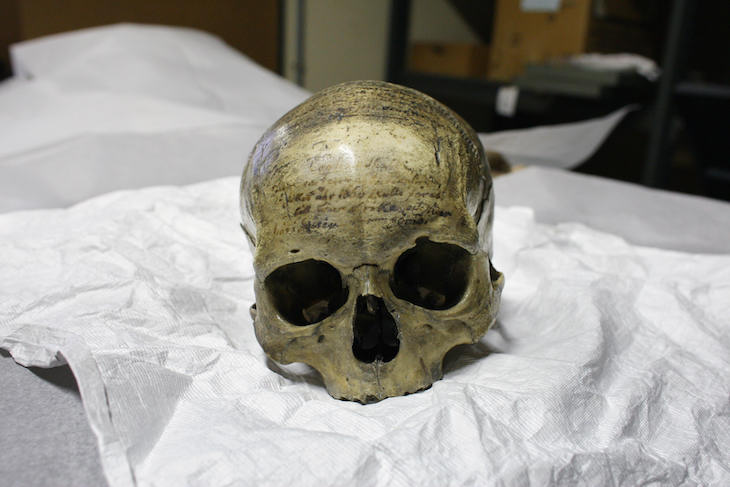

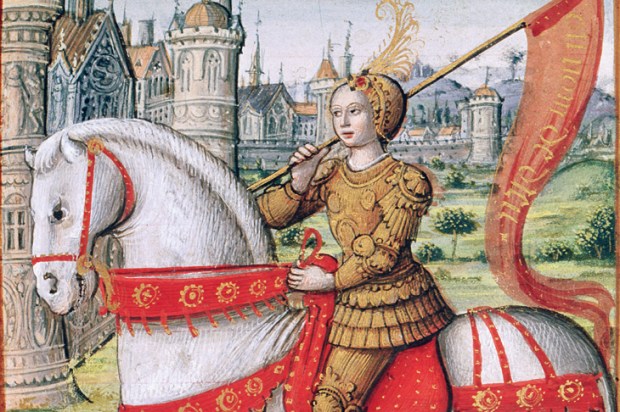
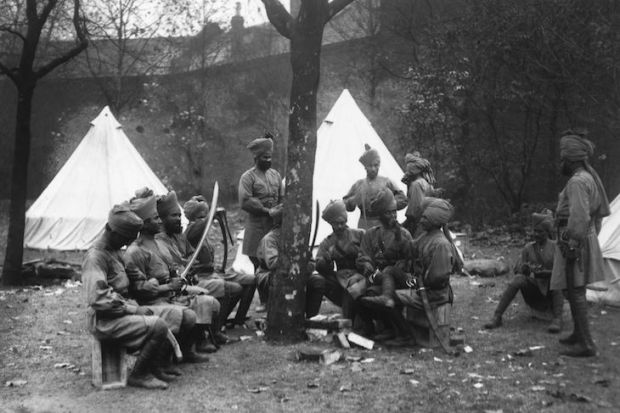
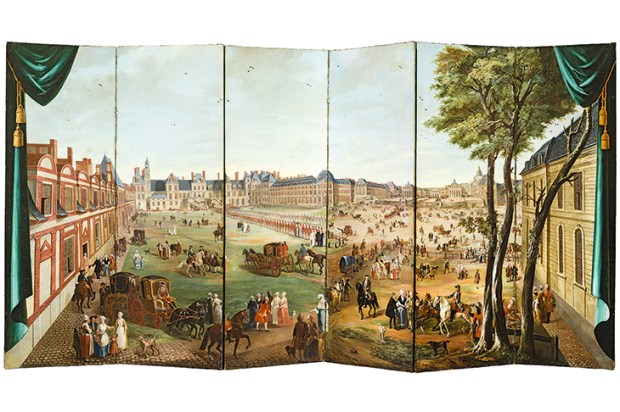
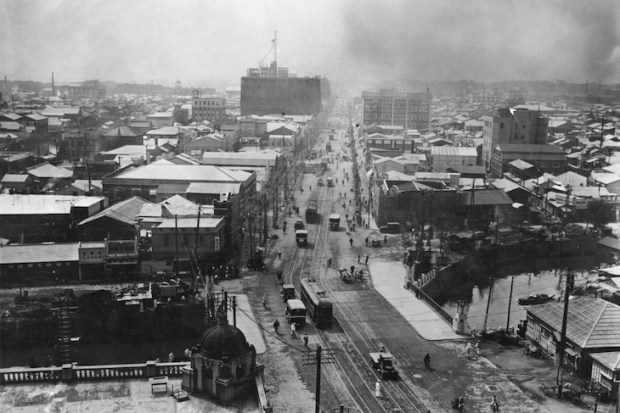
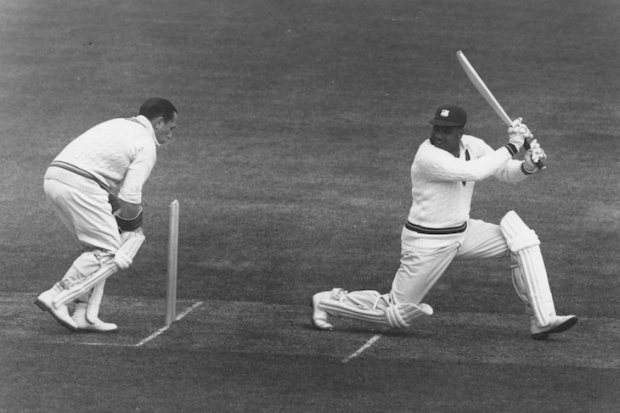






Comments
Don't miss out
Join the conversation with other Spectator Australia readers. Subscribe to leave a comment.
SUBSCRIBEAlready a subscriber? Log in